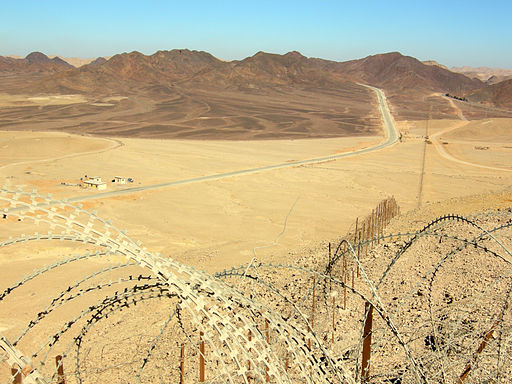Strategic Assessment
With the approaching fortieth anniversary of Anwar Sadat’s historic peace initiative, the foundations of peace that were laid during the Egyptian President’s visit to Jerusalem remain stable and strong. However, the peace is still “cold” and is a peace between governments, not peoples. This article analyzes the factors behind this configuration of relations between the two countries; the positive changes that have taken place among Egypt’s younger generation regarding their views of Israel since the revolution of January 25, 2011; and the obstacles that continue to impede warmer peace. The authors of the article, an Egyptian and an Israeli, argue that the current political, economic, and social conditions offer Israel and Egypt a window of opportunity to expand and deepen their relations, although doing so would require updating the configuration of peace into one that leverages the narrow relations of trust in the realm of security into other arenas, as well as the establishment of extra-governmental realms of cooperation between the civilians of both countries.



